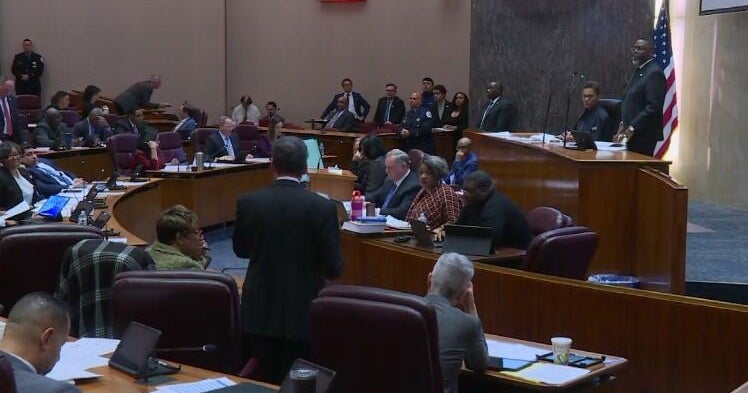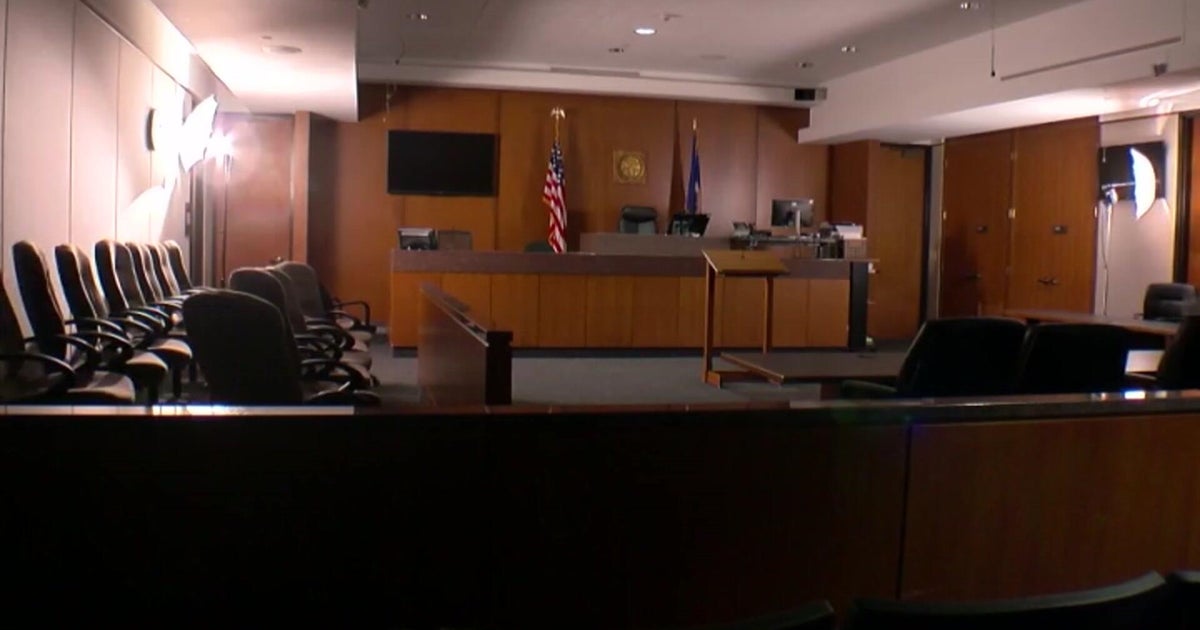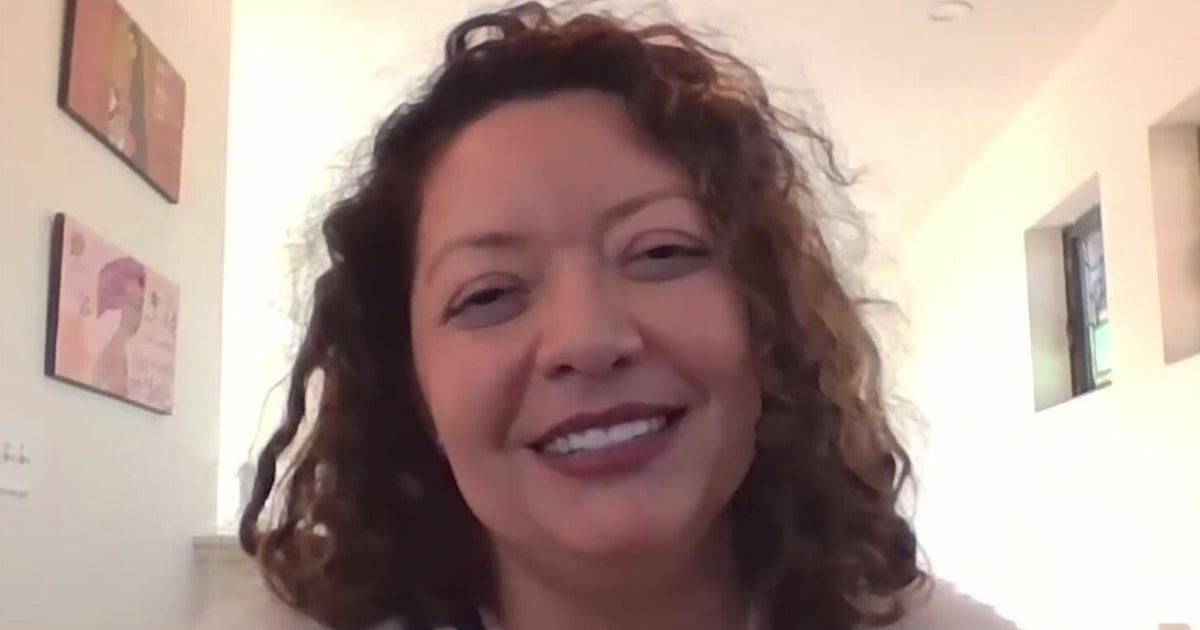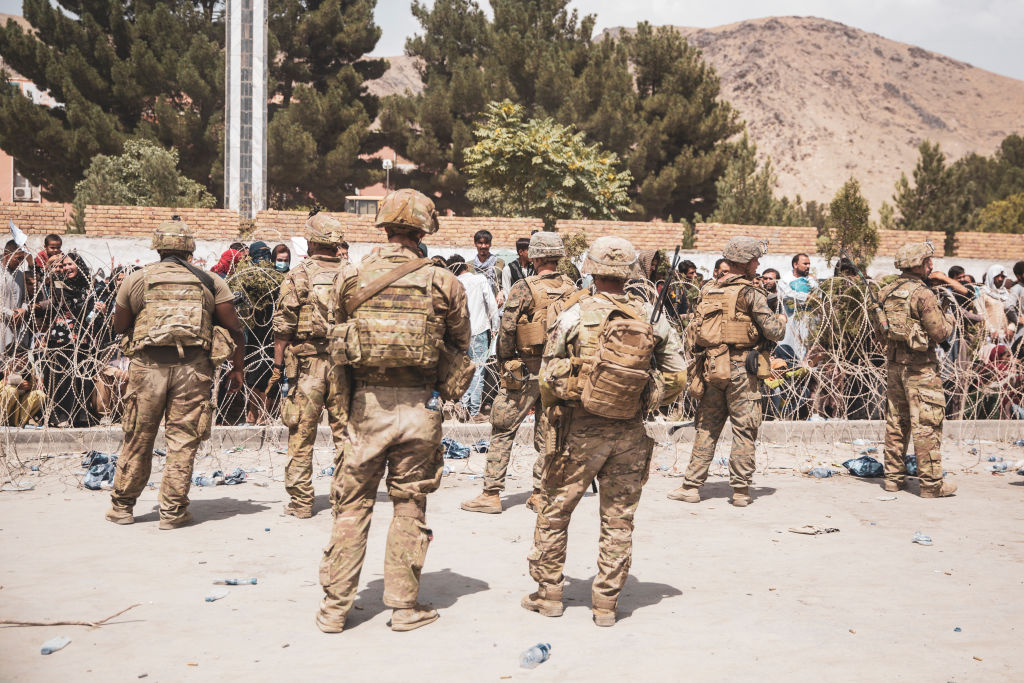Former top CIA officials weigh merits of speaking out for past and present CIA leaders
CIA director Gina Haspel, who has to date maintained among the lowest profiles of the Trump administration's cabinet members, is bucking an incipient trend set by previous directors who engaged more frequently with the press, noted two former CIA deputy directors who served during the Obama administration.
Maintaining low visibility is characteristic for Haspel, a former clandestine operations officer, but it's also likely strategic and, on balance, in the interest of the agency, the two former officials said.
"She's not somebody who, I think, relishes the spotlight in that kind of way," said Avril Haines, who served as the CIA's deputy director from 2013 to 2015. "I think that's probably a good choice for her right now."
"I think she has an extraordinarily hard job, in part – I think there's no reason to sugarcoat this – in part, because the president is not a serious consumer of intelligence, if he consumes it at all," said David Cohen, who served as former CIA director John Brennan's deputy from 2015 to 2017.
Cohen and Haines alluded to instances where the CIA's intelligence seemed to stand in contrast with some of the Trump administration's policy choices – in particular, in the administration's continued diplomatic opening to North Korea despite scant evidence the regime intends to denuclearize and, more pointedly, in the administration's relatively lax approach to Saudi Arabia's crown prince, despite intelligence indicating the prince was involved in orchestrating the murder, in Turkey, of Washington Post journalist Jamal Khashoggi.
"I think she's in a terribly difficult spot because of the fact that the policy direction is, on a whole range of issues, obviously contrary to what the analytic line of the agency is," Cohen said. "I do think it's important – and granted, this is not Director Haspel's comfort zone – it is important for the director of the CIA to make an effort to be out in public and talk about what the agency does."
"That doesn't mean that he or she needs to get deep into the analysis on particular issues," Cohen continued, "but talking about how this secret intelligence service goes about doing its work, I think, is one of the key requirements of a leader in the intelligence community."
In an interview with "Intelligence Matters" host and CBS News senior national security contributor Michael Morell, who also served as the agency's deputy director from 2010 to 2013, Haines and Cohen also discussed the potential benefits and drawbacks of occasionally charged commentary from Brennan, who stepped down from the agency's helm at the beginning of the Trump administration.
Since he left the CIA, Brennan has been outspoken on several platforms, including television and Twitter, about his views on the president's policies and personal attributes. In what marked perhaps the zenith of tension between the two, President Trump in August revoked Brennan's security clearance and, along with it, his access to classified information, citing Brennan's "erratic conduct and behavior."
The move from the White House triggered a remarkable response from former senior intelligence officials – more than a dozen former directors and deputy directors, including Morell, Haines and Cohen, signed a letter calling the act "inappropriate" and "deeply regrettable."
Haines said she supported Brennan's public remarks in part because of his decades of experience as a public servant for administrations of both parties. "I think he sees the current situation as an aberration and really is deeply concerned about what's happening right now; concerned about some of the approaches that President Trump has taken and how it's affecting, among other things, the intelligence community and our national security," she said.
"I want that voice in the public discourse. I want to hear what he has to say. I don't think that everybody has to agree with him. I certainly think you can judge for yourself whether or not what he has to say is something that you want to take onboard, but I would not want to silence that voice," Haines said.
Cohen indicated that because Brennan is a private citizen, his personal comments do not exact a cost from the agency he once led, and indeed are helpful. "He's someone who has spent a career in intelligence and national security and has a perspective and a special authority from his service that I think is valuable for him to bring into the public space," he said.
Cohen also noted that a number of other former national security officials had, in recent months, decided to speak out publicly about some of the administration's decisions. "You have former senior military officers – Stan McChrystal, Bill McRaven – people who have spent their life defending this country, who are deeply alarmed at what's happening. I think they have every right, and I would say an obligation, to speak out," he said.
Haines expressed hope that a more robust public dialogue, driven by knowledgeable former officials, could help heal the country's deep political rifts. "One of the key challenges I think we're facing right now is the country is so extraordinarily divided on so many issues," she said.
"We're going to be more capable of promoting the interests of the United States and its citizens if we're united."
For much more from Michael Morell's conversation with David Cohen and Avril Haines, you can listen to the new episode and subscribe to Intelligence Matters here.






